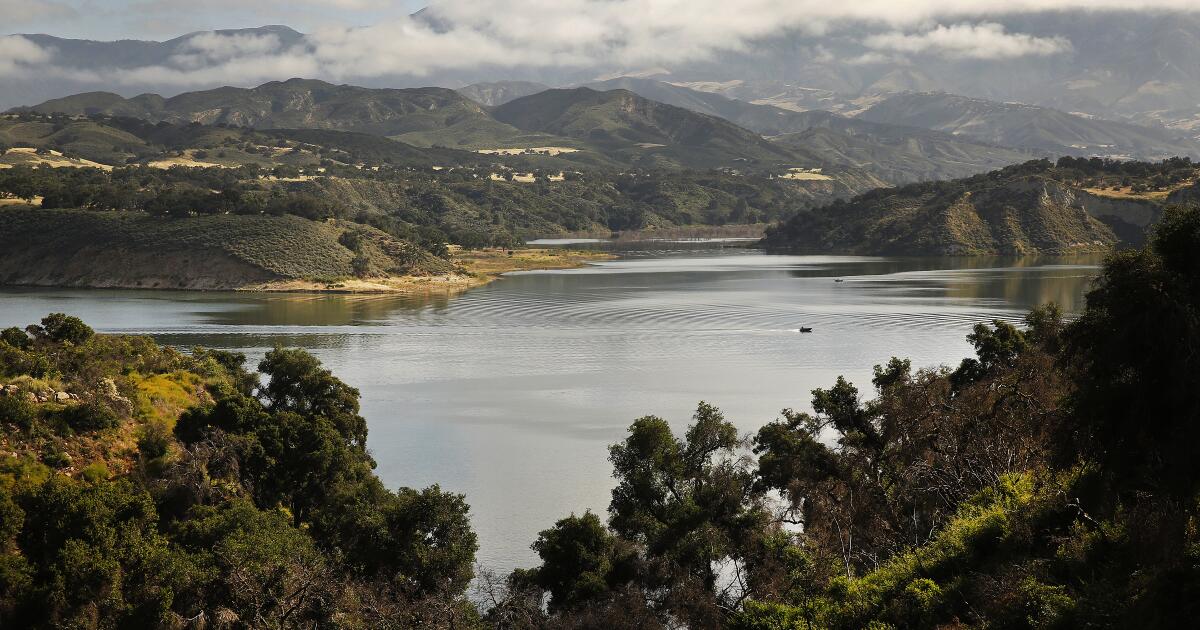A recent proposal to sell off large portions of public land in Western states, including California, has been scrapped, much to the relief of conservationists and outdoor enthusiasts. This plan, championed by Senator Mike Lee of Utah, aimed to ease housing costs by auctioning between 600,000 and 1.2 million acres of Bureau of Land Management land. The idea was met with significant opposition from both Democrats and Republicans, leading to its withdrawal from the Republican tax and spending bill.
On social media, Lee expressed his concerns about the proposal’s impact, stating he couldn’t ensure that the land would be sold only to American families. He highlighted worries about foreign interests, such as Chinese investors and major corporations, potentially buying the land.
This land sale idea was not new; it was a downsized version of a more extensive plan that would have opened up 3.3 million acres. Several Republican senators from Western states publicly opposed the idea, bolstering the bipartisan rejection.
The failure of this proposal has been welcomed by conservationists. Athan Manuel, from the Sierra Club, called it a victory for everyone who values outdoor spaces. He noted that while this particular threat was defeated, vigilance is still necessary. The ongoing push to open public lands for resource extraction persists, reflecting a broader trend of prioritizing corporate interests over environmental conservation.
Recent surveys reveal that a substantial portion of the American population, across party lines, supports the protection of public lands. According to a 2022 report by the Pew Research Center, about 70% of Americans believe it’s essential to keep public lands accessible for recreation and to protect wildlife. This sentiment was echoed by Chris Wood, president of Trout Unlimited, who emphasizes that preserving natural spaces unites diverse people and interests.
Historically, the battle over public lands is not new. Past administrations have faced similar pressures to privatize or sell these lands, raising concerns about environmental degradation and loss of access. As Lee pointed out, the government does own a vast amount of land, and he believes in finding a balance between responsible management and private ownership to address housing shortages.
The discussion surrounding public lands remains vital as cities expand, and the demand for housing increases. The interest in these lands is likely to continue, reflecting a mix of economic needs and environmental concerns.
In the words of conservation leaders, defending public lands is more than a traditional political issue; it’s a matter of community and sustainability for future generations.
Source link


